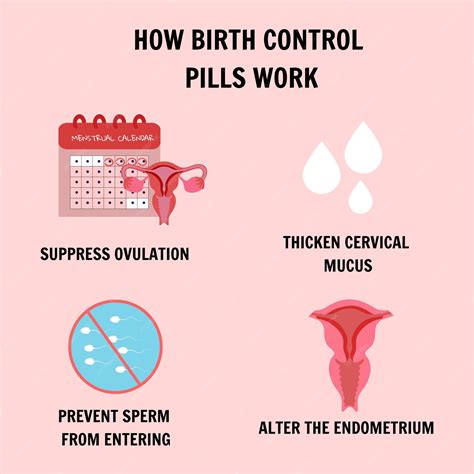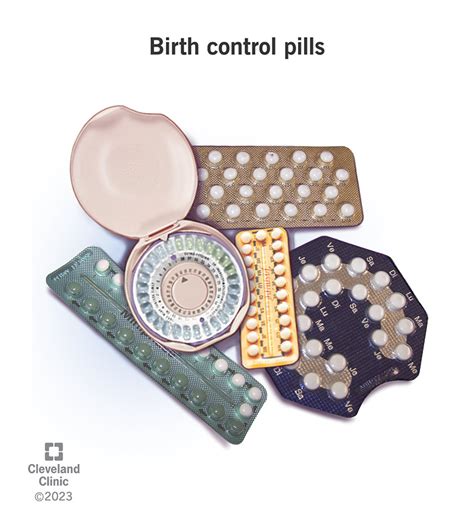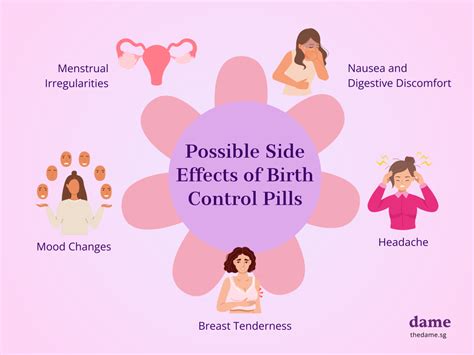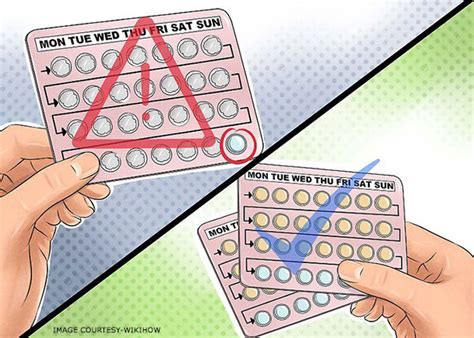Intro
Discover the top 10 birth control pills, including hormonal and low-dose options, to find the best contraceptive method for your needs, with reviews on effectiveness, side effects, and benefits of oral contraceptives.
The use of birth control pills has become increasingly popular over the years, with millions of women around the world relying on them as a convenient and effective method of contraception. With so many options available, it can be overwhelming to choose the right one. In this article, we will delve into the world of birth control pills, exploring their benefits, types, and the top 10 most popular ones.
Birth control pills, also known as oral contraceptives, are a type of medication that contains hormones that prevent pregnancy. They work by suppressing ovulation, thickening cervical mucus, and altering the uterine lining, making it difficult for a fertilized egg to implant. With proper use, birth control pills are over 99% effective in preventing pregnancy. They also offer several non-contraceptive benefits, such as regulating menstrual cycles, reducing menstrual cramps, and improving acne.
The popularity of birth control pills can be attributed to their ease of use, high effectiveness, and reversibility. Women can simply take a pill every day to prevent pregnancy, and if they decide to get pregnant, they can stop taking the pill and try to conceive. Moreover, birth control pills have been shown to reduce the risk of certain health problems, such as ovarian and endometrial cancer, pelvic inflammatory disease, and ectopic pregnancy.
How Birth Control Pills Work

Birth control pills typically contain a combination of two hormones: estrogen and progestin. These hormones work together to prevent pregnancy by suppressing ovulation, which is the release of an egg from the ovary. They also thicken cervical mucus, making it difficult for sperm to reach the egg, and alter the uterine lining, making it difficult for a fertilized egg to implant. Some birth control pills contain only progestin, which is known as the mini-pill. These pills work by thickening cervical mucus and altering the uterine lining, but they may not suppress ovulation as consistently as combination pills.
Types of Birth Control Pills

There are several types of birth control pills available, including combination pills, progestin-only pills, and extended-cycle pills. Combination pills contain both estrogen and progestin, while progestin-only pills contain only progestin. Extended-cycle pills are designed to be taken for a longer period, typically 84 days, followed by a 7-day break. This type of pill reduces the number of periods a woman has in a year.
Top 10 Birth Control Pills

Here are the top 10 most popular birth control pills:
- Yaz: a combination pill that contains drospirenone and ethinyl estradiol
- Yasmin: a combination pill that contains drospirenone and ethinyl estradiol
- Dianette: a combination pill that contains cyproterone acetate and ethinyl estradiol
- Microgynon: a combination pill that contains levonorgestrel and ethinyl estradiol
- Cilest: a combination pill that contains norgestrel and ethinyl estradiol
- Femodene: a combination pill that contains gestodene and ethinyl estradiol
- Marvelon: a combination pill that contains desogestrel and ethinyl estradiol
- Mercilon: a combination pill that contains desogestrel and ethinyl estradiol
- Logynon: a combination pill that contains levonorgestrel and ethinyl estradiol
- Rigevidon: a combination pill that contains levonorgestrel and ethinyl estradiol
Benefits of Birth Control Pills
Birth control pills offer several benefits, including: * Effective contraception: birth control pills are over 99% effective in preventing pregnancy * Regulation of menstrual cycles: birth control pills can help regulate menstrual cycles, reducing the risk of irregular periods and menstrual cramps * Improvement of acne: birth control pills can help improve acne by reducing androgen hormones * Reduction of menstrual cramps: birth control pills can help reduce menstrual cramps by reducing prostaglandins * Reduction of risk of certain health problems: birth control pills can help reduce the risk of certain health problems, such as ovarian and endometrial cancer, pelvic inflammatory disease, and ectopic pregnancySide Effects of Birth Control Pills

While birth control pills are generally safe, they can cause some side effects, including:
- Nausea and vomiting
- Breast tenderness
- Headaches
- Mood changes
- Weight gain
- Blood clots
- High blood pressure
Who Can Take Birth Control Pills

Most women can take birth control pills, but there are some exceptions. Women who are over 35 years old, smoke, or have a history of blood clots, high blood pressure, or breast cancer may not be suitable candidates for birth control pills. Women who are pregnant or breastfeeding should also avoid taking birth control pills.
Risks and Complications
While birth control pills are generally safe, they can increase the risk of certain health problems, including: * Blood clots: birth control pills can increase the risk of blood clots, which can be life-threatening * High blood pressure: birth control pills can increase blood pressure, which can increase the risk of heart disease and stroke * Breast cancer: some studies have suggested that birth control pills may increase the risk of breast cancer, although the evidence is still limited * Liver disease: birth control pills can increase the risk of liver disease, particularly in women who have a history of liver problemsConclusion and Final Thoughts

In conclusion, birth control pills are a popular and effective method of contraception that offer several benefits, including regulation of menstrual cycles, improvement of acne, and reduction of menstrual cramps. While they can cause some side effects, they are generally safe for most women. However, it is essential to consult a healthcare provider before starting birth control pills, as they may not be suitable for all women. By understanding the different types of birth control pills, their benefits, and risks, women can make informed decisions about their reproductive health.
We invite you to share your thoughts and experiences with birth control pills in the comments section below. If you have any questions or concerns, please do not hesitate to ask. You can also share this article with your friends and family to help them make informed decisions about their reproductive health.
What are the most common side effects of birth control pills?
+The most common side effects of birth control pills include nausea and vomiting, breast tenderness, headaches, mood changes, weight gain, and blood clots.
Can birth control pills cause weight gain?
+Some women may experience weight gain while taking birth control pills, although the evidence is still limited. It is essential to maintain a healthy diet and exercise regularly to minimize the risk of weight gain.
Can I take birth control pills if I am breastfeeding?
+No, it is not recommended to take birth control pills while breastfeeding, as they can affect milk production and infant growth. It is essential to consult a healthcare provider before taking birth control pills while breastfeeding.
How long does it take for birth control pills to become effective?
+Birth control pills typically become effective within 7-10 days of starting the pill. However, it is essential to use a backup method of contraception, such as condoms, during the first month of taking the pill.
Can I take birth control pills if I have a history of blood clots?
+No, it is not recommended to take birth control pills if you have a history of blood clots, as they can increase the risk of blood clots. It is essential to consult a healthcare provider before taking birth control pills if you have a history of blood clots.
